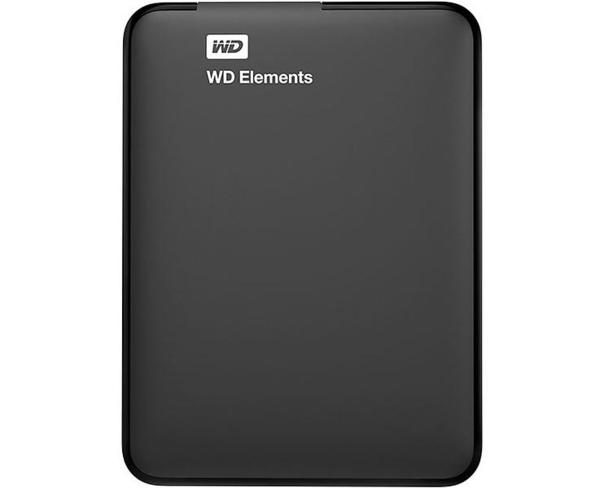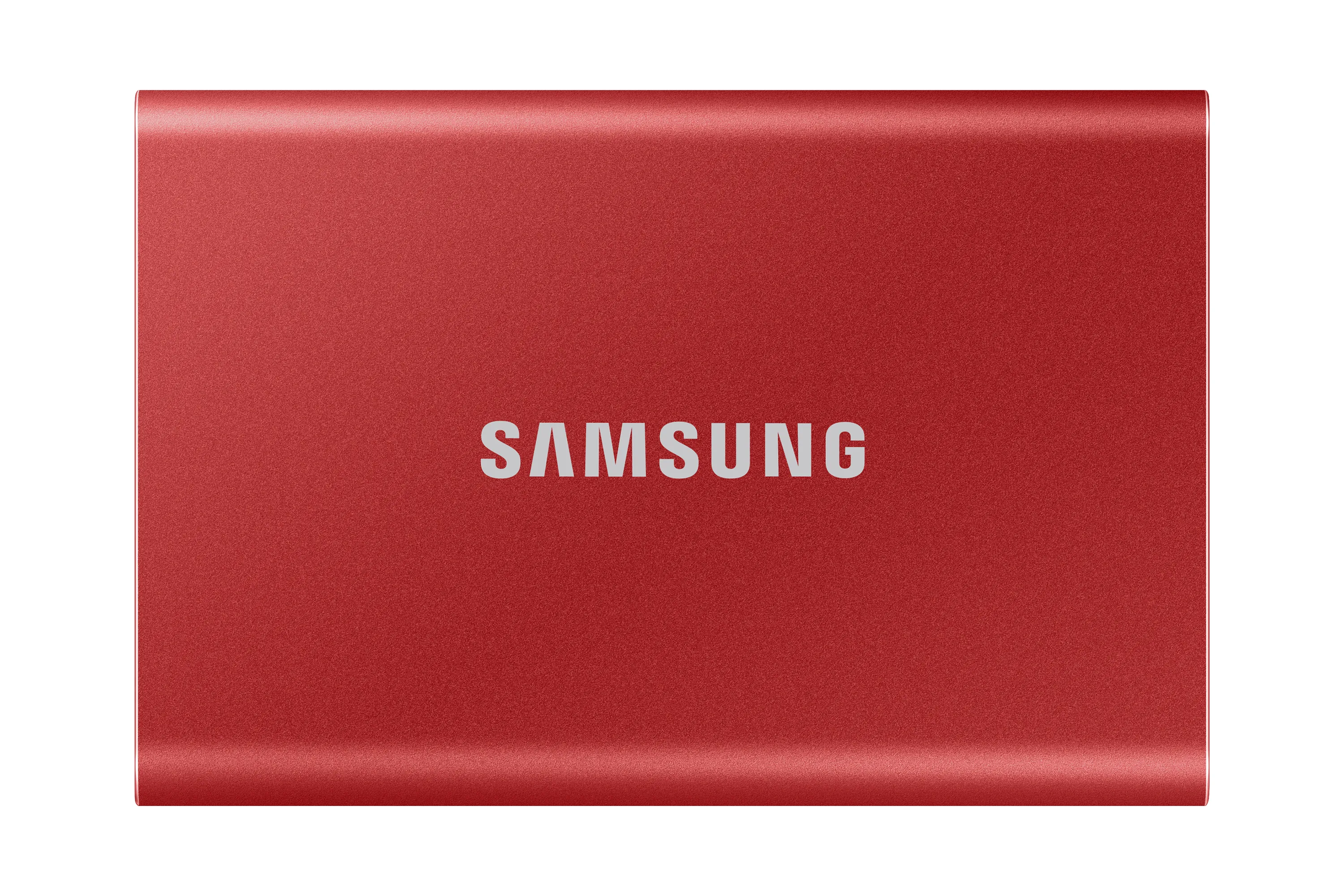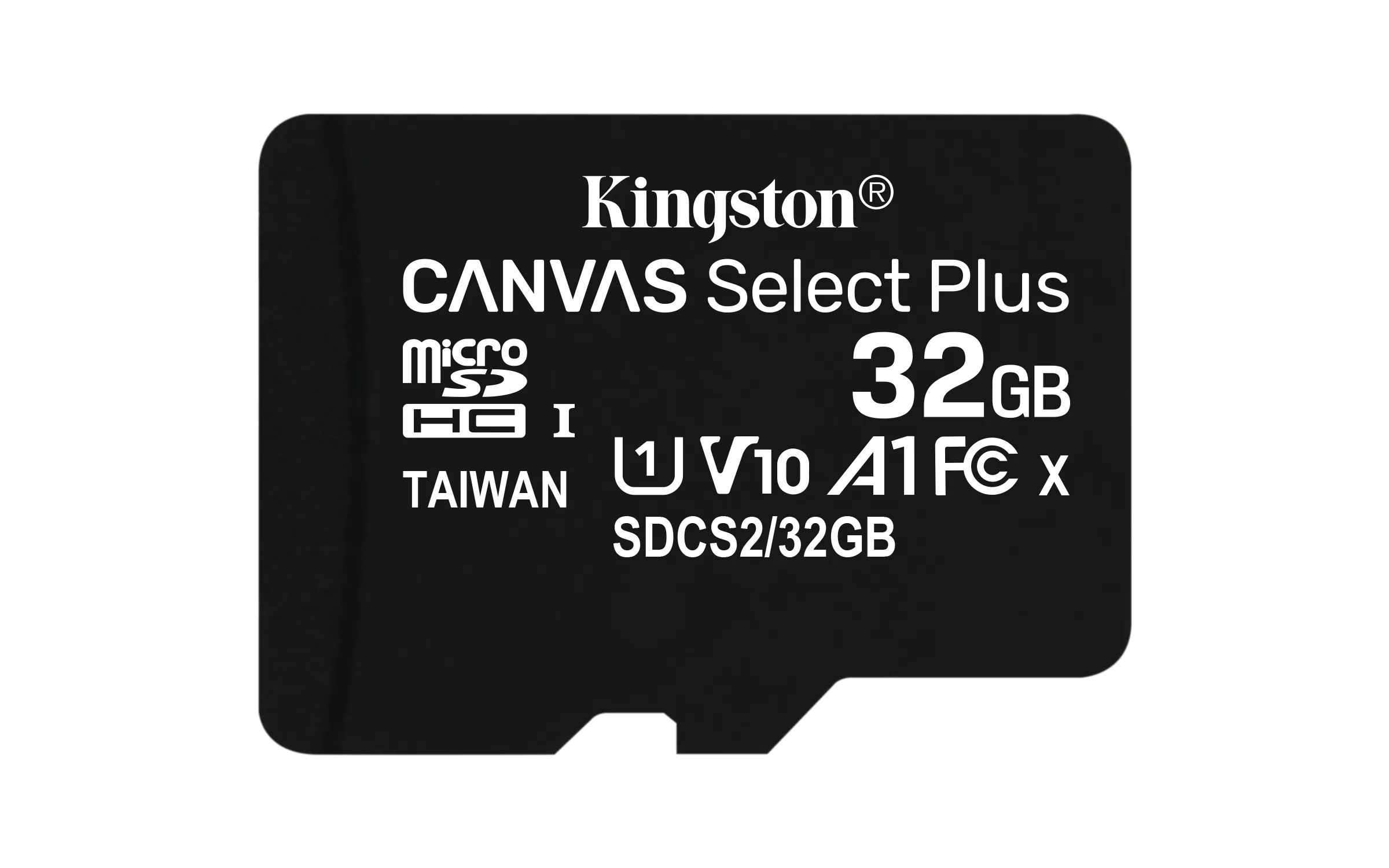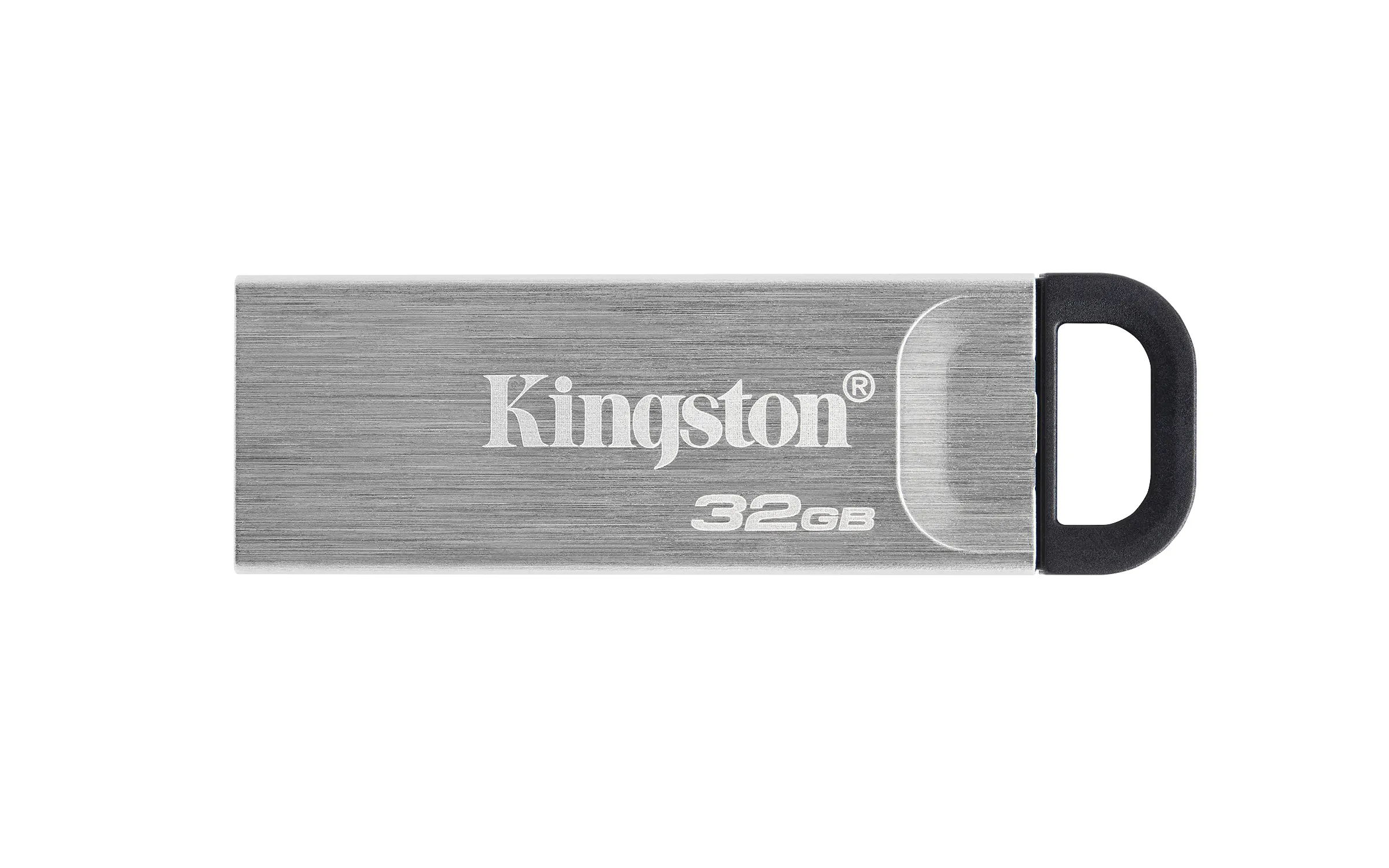External Storage
External hard drives, USB flash drives and memory cards are portable storage solutions that make it easy to transfer, back up and expand storage across different devices. They are typically connected to a computer or other device via USB, USB-C or Thunderbolt, while memory cards are used via a separate card reader or the device’s built-in card slot.
Storage capacity:
- External hard drives: Available in sizes from a few hundred gigabytes up to 20 terabytes (e.g. 500 GB, 1 TB, 2 TB, 4 TB, 8 TB).
- USB flash drives: Typically 16 GB - 1 TB, compact and easy to carry.
- Memory cards (SD, microSD, CF): Commonly 16 GB - 1 TB, popular for cameras, phones and gaming consoles.
Portability:
- External HDD and SSD drives are lightweight and compact, with SSD models being particularly durable due to having no moving parts.
- USB flash drives and memory cards are even smaller and fit easily in a pocket, wallet or camera.
Backup and storage: All three storage types are suitable for keeping and backing up important files. External hard drives are ideal for large amounts of data, while USB flash drives and memory cards are great for quick file transfers and on-the-go use.
Expanding storage space: When a device’s internal storage is insufficient, an external drive, flash drive or memory card provides a quick way to add more space for files, software and media.
Compatibility: External drives and USB flash drives work with desktop PCs, laptops, gaming consoles, smart TVs and many other devices. Memory cards are compatible with cameras, smartphones, drones and other recording devices. Most are plug-and-play and work immediately without installation.
Transfer speeds: Speed depends on the connection type (USB 2.0, USB 3.0, USB 3.2, USB-C, Thunderbolt) and the device’s technology. SSDs and USB 3.2/USB-C flash drives offer significantly faster speeds than traditional HDDs and older flash drives. Memory card speed classes (e.g. UHS-I, UHS-II, V30, V90) determine how quickly data can be stored and accessed.
























































































